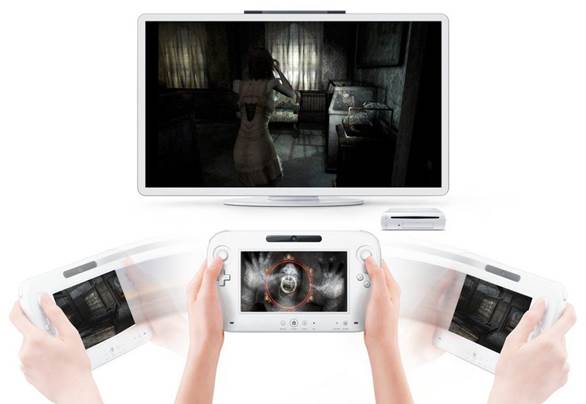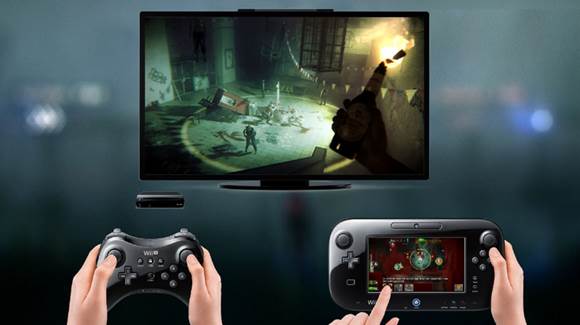Final Thoughts
I think the Wii U was always destined to
fail, because of the Wii, which sold plenty of consoles but relatively little
software. The 'tie ratio', as it's referred to, is the number of titles that
each bought console has on average. According to figures that Longbow Research
published, the Wii only managed a tie ratio of two for each console. That's
hardly shocking, because most people I know who own a Wii bought a couple of
games initially (usually a fitness and sport title) and then put the console in
a cupboard, never to be seen again.

I
think the Wii U was always destined to fail, because of the Wii, which sold
plenty of consoles but relatively little software.
To put that in perspective, the original
PlayStation had a ratio of nearly 16, which shows how popular games were for
that console. The Wii U has so far managed a ratio of just 1.2, which means
that most consoles have a single title beyond anything that came in the starter
pack.
These don't gel with the numbers that
Nintendo released in April, but they're sourced from retail outlets and must be
given some credence.
However accurate or not these numbers are
(and they might be junk), the indications are that developers aren't putting
the Wii or the Wii U at the top of their must-have target lists, and that is
certain to have a disastrous impact on the long-term viability of the console.
There's a feeling here that this is the
Nintendo GameCube all over again, where those that owned them loved the
console, but the lack of titles and more advanced technology from others were
ultimately its undoing.
With the Wii U, I'm of the opinion that the
naming didn't help, because it gave the impression to the public that this was
just another Wii, but a more expensive one with a tiny tablet built into it. If
Nintendo called it something else but pointed out the backward compatibility,
then it might have sold more. It's also worth pointing out that Nintendo arrived
in the market with a quality of graphics that both their major competitors
offered seven years ago, and when both were on the verge of releasing something
dramatically 'next gen'.

With
the Wii U, I'm of the opinion that the naming didn't help, because it gave the
impression to the public that this was just another Wii, but a more expensive
one with a tiny tablet built into it.
The only salvation I can see for the Wii U
now is that both Sony and Microsoft stub their respective toes so badly with
their new consoles that the backlash causes garners to re-evaluate the Nintendo
console, where they can sell their old titles like they actually own them.
To be entirely realistic, that's not a real
hope, even if some fans of Nintendo are pinning their hopes on it. There's a
possibility that the problems that the Wii U has experienced are just the
symptoms of a bigger issue with console gaming that both Microsoft and Sony
will be exposed to in time. Even if that's not the case, Nintendo doesn't
appear to comprehend that when it stopped competing with Sony and Microsoft, it
ended up in the kill-zone for those who now game on tablets and phones, and
that's a war it can't win.

There's
a possibility that the problems that the Wii U has experienced are just the
symptoms of a bigger issue with console gaming that both Microsoft and Sony
will be exposed to in time
The various incarnations of the 3DS can't
keep the company afloat indefinitely, not with the power that's being put in
tablets these days, so Nintendo needs to devise a totally new plan pronto. And,
whatever that is, it probably won't include the Wii U, sadly.